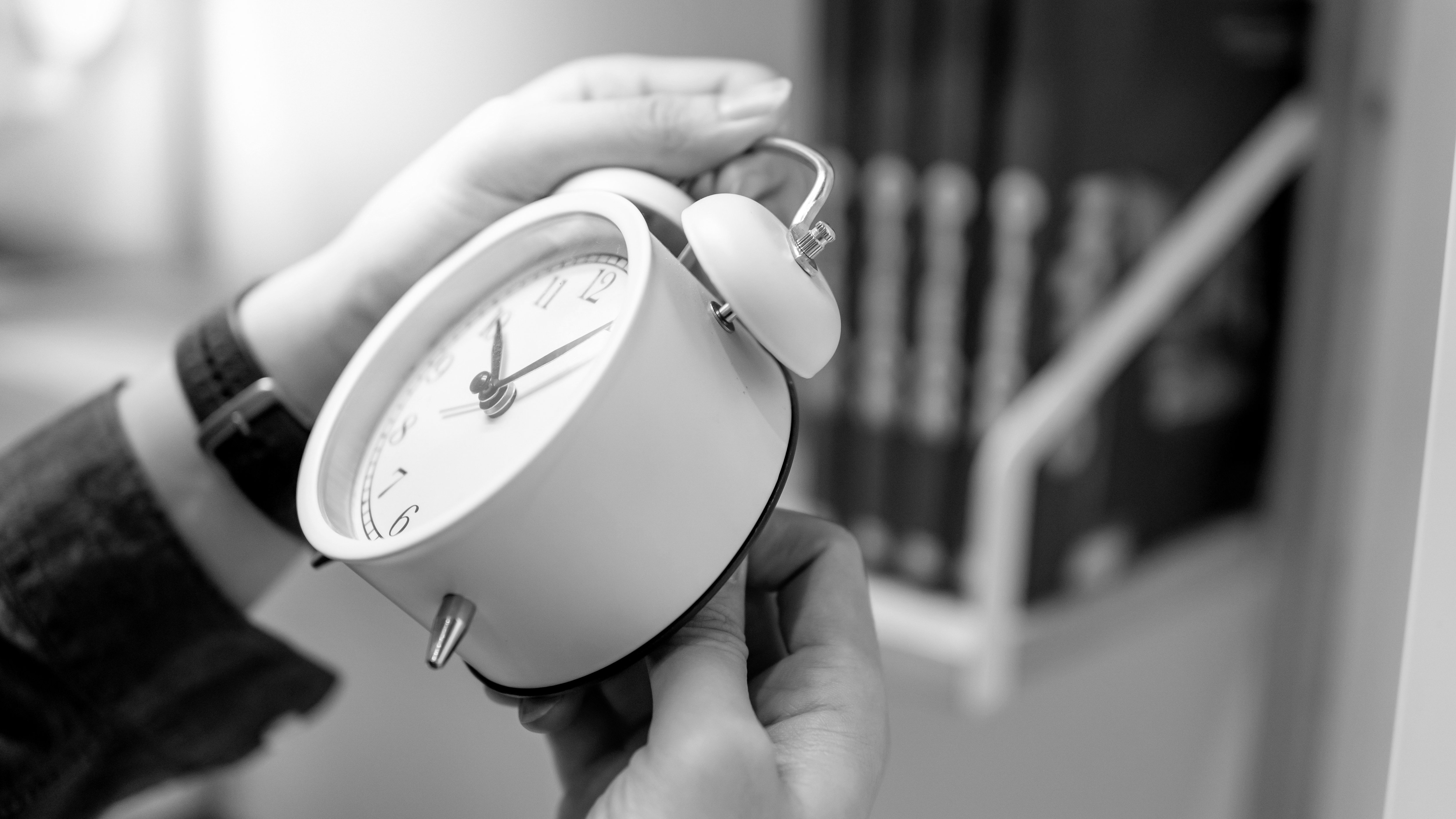
Daylight Saving Time for 2022 is here.
As we experienced the fall back of an hour for Daylight Savings this past Sunday, our sister company, General Contractor Turner Construction, recently shared some valuable safety tips for all construction teams – on and off the job site. We would like to share these safety tips with you.
Yes, most of us gained an extra hour of sleep when we turned our clocks back one hour this past weekend. However, we need to be mindful that there is a huge difference between our “society clock” and the “biological clock”. As a result, there is statistically an increase in safety incidents.
One reason being is that when daylight savings time ends, we get an increase of darkness around rush hour, when traffic is at a peak. Drivers have not adjusted to the decreased visibility – nor are pedestrians.
Pedestrians are nearly three times more likely to be struck and killed by cars at dusk in the days following the end of daylight-saving time. A Carnegie Mellon nationwide study of traffic fatalities calculated the risk per mile walked for pedestrians over seven years. The study found that the per-mile risk jumps 186 percent from October to November.
Additionally, studies by the National Road Safety Foundation (NRSF) show automobile accidents increase after we turn our clocks back. Not only is low visibility an issue, the NRSF notes that commuting in the dark may also make drivers drowsier than normal. Also, the different wake-up time coupled with the earlier onset of darkness throws off our internal clocks resulting in increased driving risks.
Lastly, here are some general safety reminders:
- Replacing all the batteries in your smoke and carbon monoxide detectors. You should also replace any smoke detector that is older than ten years and any CO detectors that are older than five.
- Checking and recharging your fire extinguishers! Practice “fire emergency” and ensure you have a second means to escape your home or apartment in the event of a fire or other weather event.
- Avoid using portable and fixed space heaters, as heating equipment is the second leading cause of home fire deaths.
- Checking electric cords for damage and not overloading electrical outlets or power strips.
- Only use light bulbs that match the recommended wattage for each lamp.
- Prepare a winter emergency kit for your home and vehicle.
- Replace all season for winter tires as necessary.
- Throw away expired medications.
Have more questions about how to keep your job site safe? Contact TSIB today and speak to one of our Risk Advisors. If you have any other insurance questions regarding your commercial property or corporate policy renewal, reach out to TSIB for a free risk review. 
TSIB’s Risk Consultants are currently servicing the following locations:
East Coast: New York City, NY; Bergen County, NJ; Fairfield County, CT; Philadelphia, PA
Texas: Austin, San Antonio, Houston, Dallas
California: Orange County, Los Angeles County, Riverside County, San Bernardino County, San Diego County
Image credit: Zephyr_p/shutterstock.com/

Comments